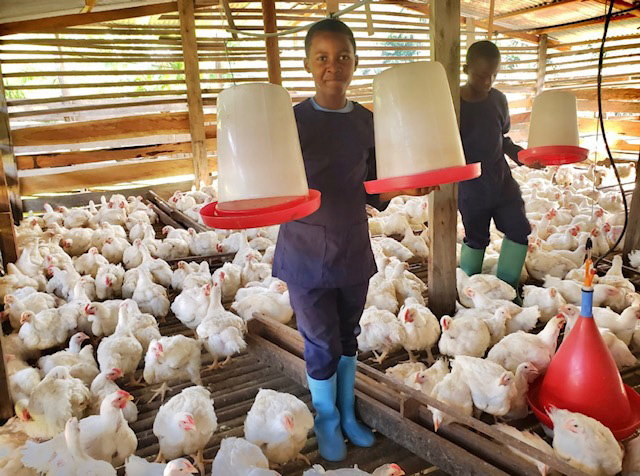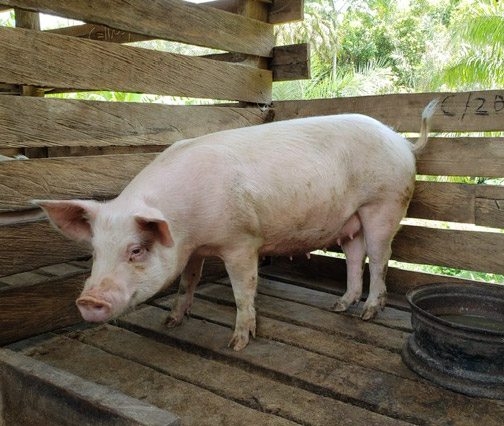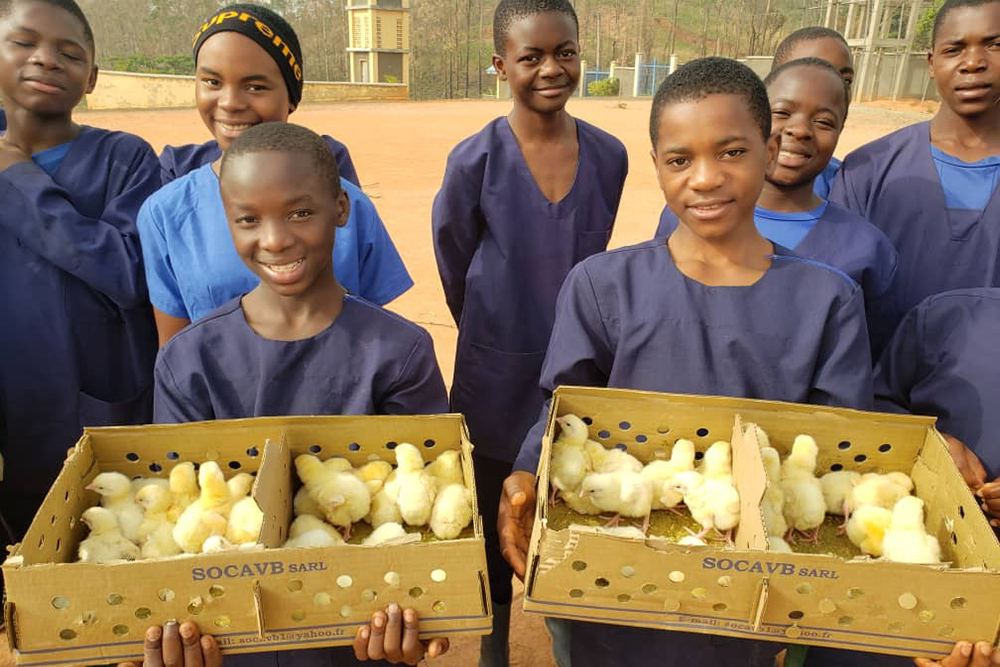
Sustainable Agriculture
At Good Shepherd Academy in Bafut, Cameroon students work hard to learn the three R’s in the classroom and to master sustainable organic agriculture on the school’s vegetable farms, pig farm, and chicken farm.
Good Shepherd Academy is subsidized with the proceeds from sustainable farming, blending educational, poverty reduction, and food security missions.
Sister Jane Mankaa, founder of Good Shepherd Academy Association in Cameroon, boasts an impressive track record in self-sustaining agricultural and animal husbandry projects. She and her team have established vegetable gardens, fish farms, a chicken farm, pig farm and bakery to provide food and income for Good Shepherd Home in Bamenda, Cameroon.
This same can-do spirit is being used to establish the sustainable agricultural program at Good Shepherd Academy, with the help of experts in sustainable farming methods.
GSA utilizes the definition of sustainable agriculture that was addressed by the US Congress in the 1990 Farm Bill that is still in use today. The program will:
- satisfy human food and fiber needs
- enhance environmental quality
- make the most efficient use of nonrenewable resources
- sustain the economic viability of farm operations
- enhance the quality of life for farmers and society as a whole.*
Good Shepherd Academy provides education to build lives of both economic and environmental sustainability. In addition, GSA’s “green” building structure provides children with the opportunity to learn about solar power and other renewable forms of energy.
*Mary V. Gold, “Sustainable Agriculture: Information Access Tools”, US Department of Agriculture, 2009 updated 2012.



I want to learn how to manage our land and crops, to grow organic produce and to help save the Cameroonian environment.
Good Shepherd Academy can teach me that skill to sustain my own life and the lives of others.
– Evaristus

